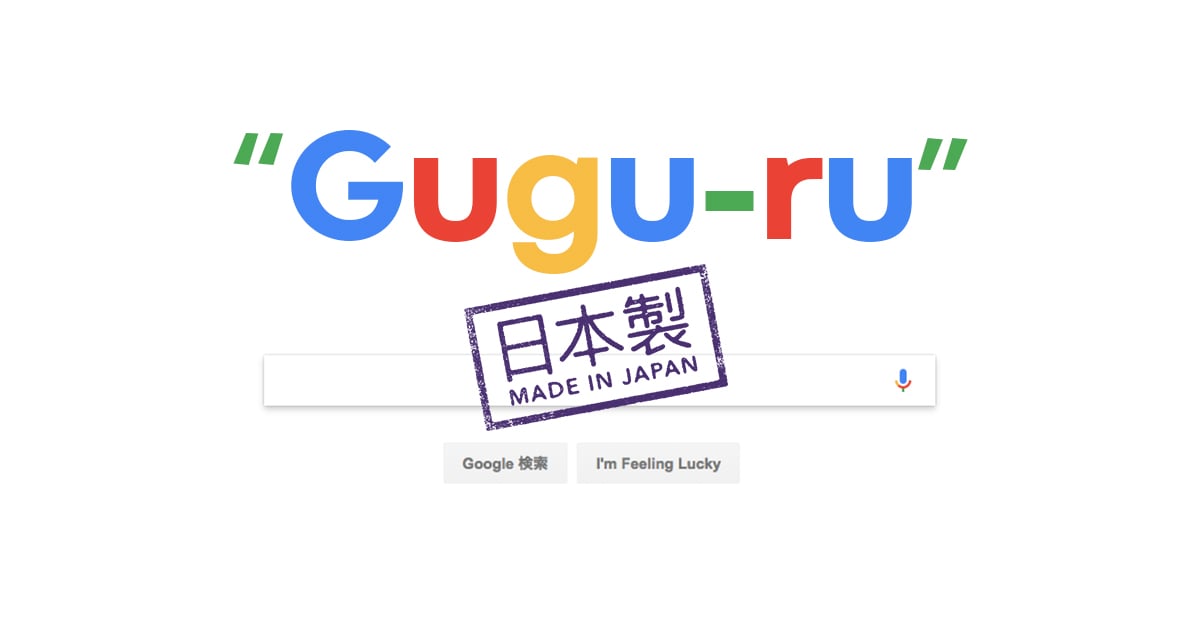The Japanese language has no hesitations when it comes to importing words from abroad, and why not? Foreign words add spice to our mother tongue! New layers of meaning and nuance can be instantly introduced to the local language when words are borrowed from over seas.
The Japanese do it when they don’t have an equivalent native word for it (e.g. ネクタイ/nekutai/”necktie”), to express the small differences in nuance (e.g. ライス/raisu/”rice on plates”, as opposed to ご飯/gohan/”rice in Japanese bowls”), or, I’ll admit, just to sound a bit cool (e.g. リスペクトする/risupekuto suru/”to repect”).
Many words are borrowed from the English language, so you may be under the misapprehension that as an English speaker you have a head start in deciphering “Japanglish” words… Well, prepare to be surprised!
(Please note that most of these expressions are very colloquial and should not be used in your end-of-term essays)
Let’s see how many you can get right!
Katakana Verbs
Katakana verbs are made by splicing the first two sounds of an English word with a Japanese verb ending.
This verb type has secured its place within Japanese grammar. It has regular rules for conjugation and pronunciation; they conjugate like the other RU verbs and the intonation is low-high-low. Once you know the original English word, the meaning of its Japanese version should be fairly easy to work out. However, it’s funny how difficult it is to see which English word is hiding when it is camouflaged in thick Japanese pronunciation.
ググる (gugu-ru)
A great way to abruptly end the start of a conversation!
Answer: “Google it!”
ダブる (dabu-ru)
彼女が怒ると、彼女とゴジラがダブって見えてしまう。
Kanojo ga okoru to, kanojo to gojira ga dabutte miete shimau.
“When my girlfriend is angry, she and Gozilla [ ].”
Answer: The word hiding here is “double”, and in Japanese, it means “to overlap” or “to duplicate”.

サマる (sama-ru)
ここまでの流れをサマってくれる?
kokomade no nagare wo samatte kureru?
“Could you [ ] what’s happened so far?”
“Sama (様)” is a title for people you respect, for example Prince-sama (王子様/ōjisama) and lady-sama (お嬢様/ojōsama). Alas, to sama doesn’t mean you will be surrounded by members of the royal family. It is much more mundane. Answer: “to summarise”.
チキる (chiki-ru)
好きって伝えたかったけど、チキっちゃった。
suki tte tsutaetakatta kedo, chikicchatta.
“I wanted to tell her/him I liked her, but I [ ].”
Japanglish
.gif?width=245&name=giphy%20(1).gif)
アバウト (abauto)
マイブーム (mai būmu)
マイブーム= my boom. In other (Japanese) words, 自分の中での流行り(jibun no naka deno hayari/”a popular trend inside me”). They both mean that you “currently really like it”. It feels like a contradiction to describe your personal taste with more general terms like “trend” or “popular”. The expression’s focus is more on the fact that booms or trends fade away as quickly as they came. By saying that something is your マイブーム, you are also saying that you might not be so into it in a couple of weeks.
ボンバーヘッド (bonbā heddo)
.gif?width=360&name=giphy%20(2).gif)



.gif?width=301&name=giphy%20(3).gif)






